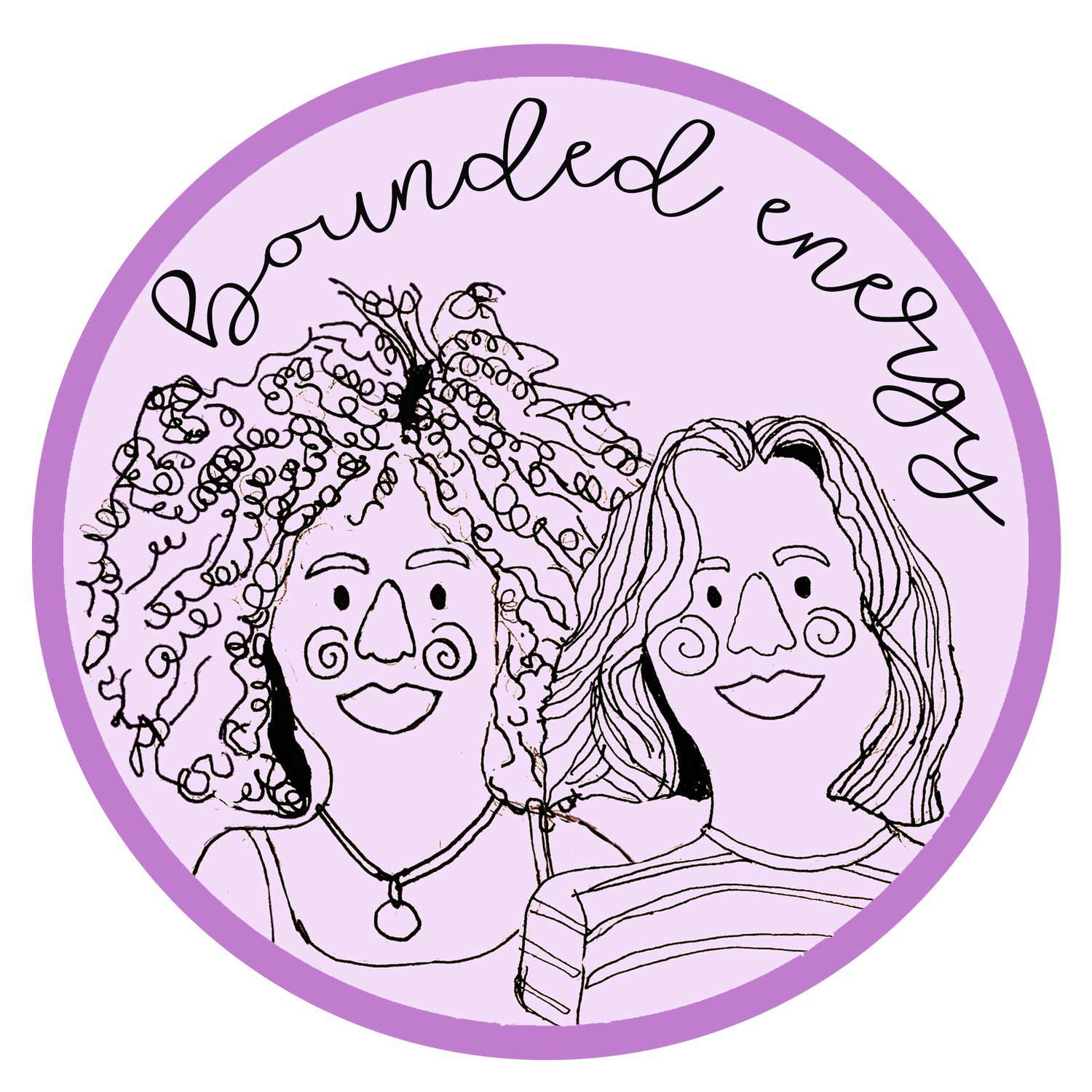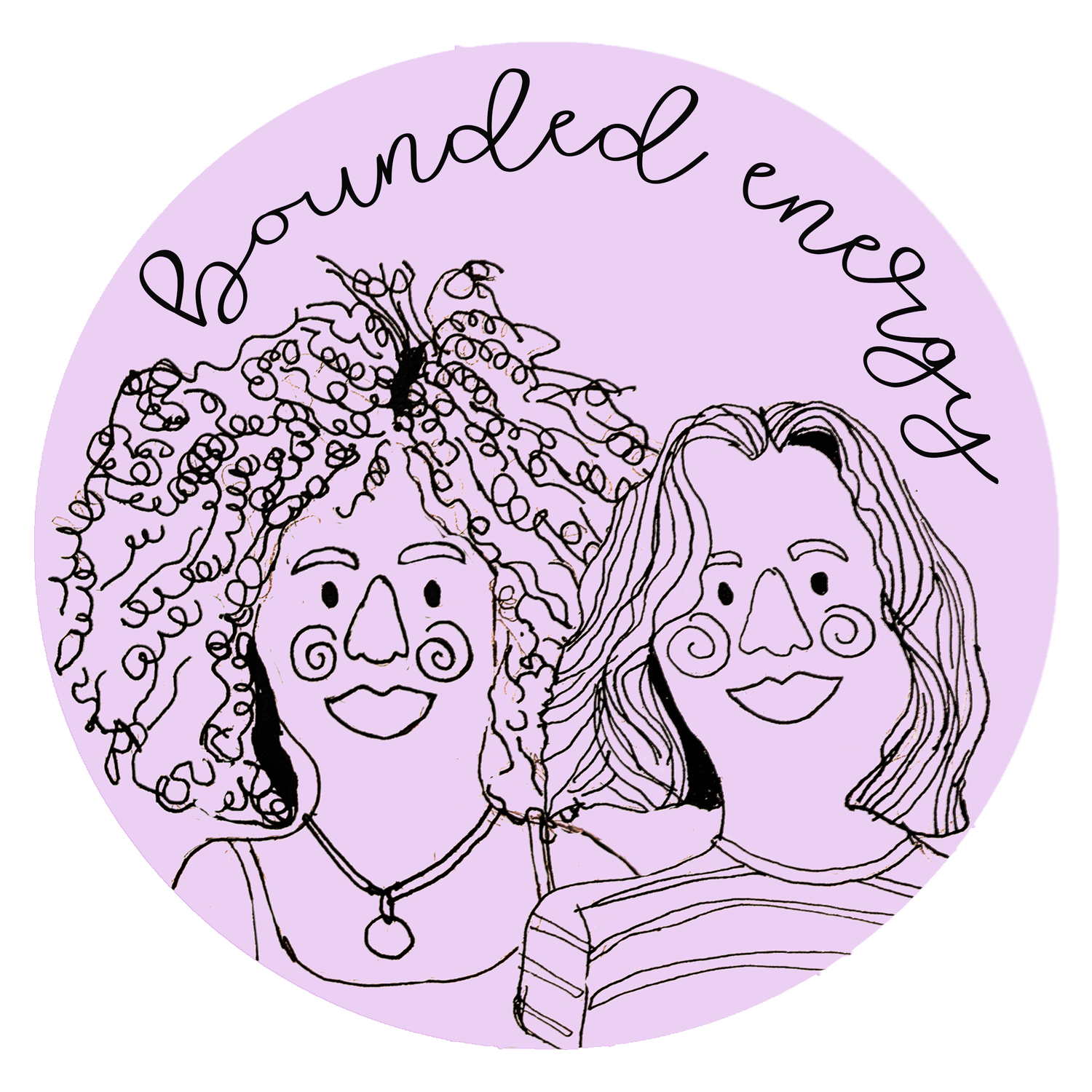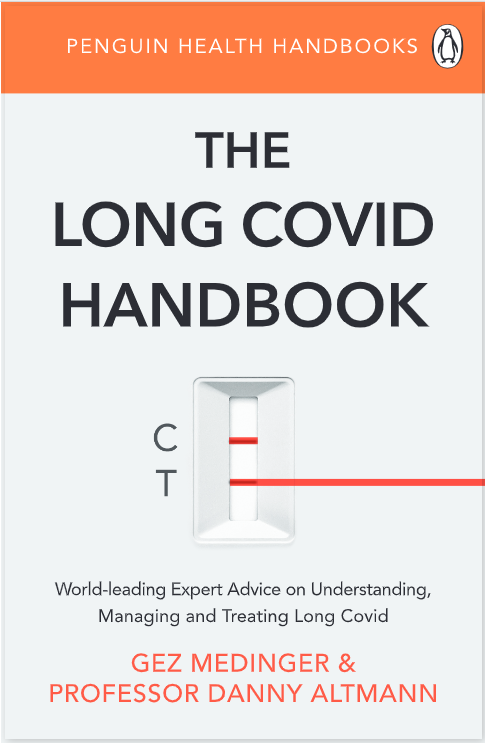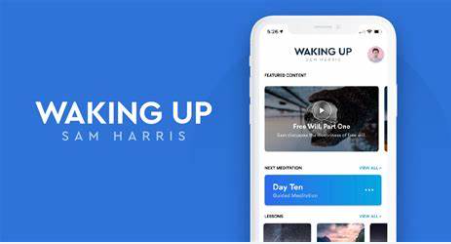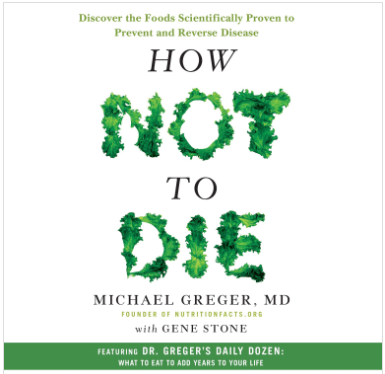Tools & resources that we’ve found useful in our journey.
This page gets updated regularly as we discover new tools! Nothing here is sponsored :) We simply love these tools.
Are we missing something awesome??? Let us know! (You know what to do - hint hint - top right)
Last Updated: 18th Feb 23
Katya recommends….
REST. Firstly I recommend rest.
If you think you know what rest means, think again. The kind of rest you need with Long Covid can look like an athlete’s training schedule. I’m talking multiple times a day, every day of the year, on holidays, on birthdays, christmas/weddings. Find yourself a dark, quiet room, grab a blanket, a bolster for the knees, and REST. I do guided meditations, breathwork exercises or non sleep deep rest (NDSR) protocols to stop me from just lying in the dark and worrying. I find they help enormously with my brain fog and breathlessness. Follow me on Instagram where I share my daily practises (with ratings & comments), or sign up to our mailing list.
I couldn’t recommend The Long Covid Handbook enough - the book is written in a really interesting format. It’s a dialogue between Gez Medinger (an ‘expert’ patient) and Professor Danny Altman (an ‘expert’ expert on immunology and Long Covid). I found this to be the most useful book for getting up to date on the current science around this illness in a way that made me feel like I was part of the conversation. As a young woman with this illness, the discussion on gender bias was particularly reassuring and I was so pleased that the authors gave it its own chapter. Check out Episode 6 of the podcast, where we sit down with Gez Medinger himself!!!
The Compassionate Mind Workbook, by Paul Gilbert. If there’s one thing that’s a guarantee with long covid, it’s that it takes a real toll on your mental health. While I absolutely recommend talking therapy, it can be expensive. This workbook, on the other hand, is comparatively cheap (about £10)! I completed this early on in my long covid journey after reading Paul Gilbert’s book - The Compassionate Mind (also recommended). It’s full of practical exercises and wisdom and it helped me let go of some of the anger, shame and resentment I’d been feeling since falling ill.
Huberman Lab Podcast - he’s a neuroscientist and opthalmologist who discusses science-based tools for healthy living. His episode on cold exposure got me into the Wim Hof method. Also, he has a non-sleep deep rest protocol available for free on youtube that I do when I’m running out of steam (which is most mornings and afternoons).
Meet the Iceman - Wim Hof. Easy does it - he’s completely nuts. His method isn’t for everyone and you should speak to your doctor before trying his exercises.
I use the Waking Up meditation app daily - there’s a meditation called ‘Break Glass In Case Of Emergency - Practise this meditation on the worst day of your life’ that has helped bring me back from the edge more times than I can count. I’m also a huge fan of the Yoga Nidra/Non Sleep Deep rest exercises you can find on there by Jayasara & Kelly Boys.
For me, Sarah the Long Haul Yogi’s youtube video ‘Yoga for Long Covid’ is one of the few online yoga videos I’ve been able to do all the way through. She does the planning and pacing for you, and there are rest moments at the start, middle and end of the video which (as someone incapable of resting) - I find really useful. She seems to be adding more and more videos, so I’d definitely subscribe to the channel if you’re looking for excellent and free resources. Another brilliant resource is Suzy Bolt’s Rest, Repair, Recover series (from £5/week) - there are videos there that cater for all of levels - Level 0 videos are for those who are bedbound and it goes up to Level 3. In ep 2 of Bounded Energy, I mention Yoga with Adriene on Youtube - she has some good stuff too!
I take the probiotic Your Gut Plus which was developed for the UK national Covid-19 dietary intervention study. I take this twice a day along with a supplement called Phyto V and have definitely noticed an improvement in my energy levels since I started taking a probiotic. You can read extracts and the full studies on their websites.
Breathing exercises - Dr Richard Brown: Covid really messed up my breathing and I fell into patterns of gasping and chest breathing, which reinforced my feelings of stress and anxiety, which in turn made breathing harder. I do this free breathing exercise most days as it’s a great way to practise the ‘nose, low and slow’ technique mentioned in the Long Covid Self Help guide book (breath through your nose, into your belly, slowly). At first, I found I could hardly do one round without gasping for air but from weeks (okay months) of practise I can now do the whole thing.
Dr Harris Silk Anti-Wrinkle Sleep Mask - Okay I know this looks like a gimmick and is (in my opinion) way overpriced, but hear me out. I originally bought this for vanity reasons when I noticed some pesky frown lines setting in on my forehead. But then I discovered the true magic of this mask. You put it on, press firmly between your eyebrows for 5-10 seconds (I know I’ve found the spot because it’s often quite sore) so that the muscles in your forehead relax, and the silicone pads on the mask cling to your skin and stop you from frowning or grimacing while you wear it, which (give it 15 minutes) is amazingly calming. The kind of thing I never knew I needed, but there are times when I’ve woken up in the middle of the night feeling anxious, and putting the eye mask on with a Waking Up meditation or Huberman’s NSDR has let me find sleep again.
Please note - this has done absolutely nothing for the fine lines in my forehead.
How Not to Die -This book made me eat more broccolli and berries, gave me the feeling that I have a little more control over my health than I’d previously thought, and there are lots of interesting factoids too…
I read Cured after Gez Medinger (co-author of the Long Covid Handbook) recommended it on Episode 6 of the podcast. And I am so glad I did. Dr Jeff Rediger wrote this book after years of studying spontaneous recovery - that is, people who had unexpectedly gotten better after being diagnosed with incurable illnesses. I’ve implemented quite a few of the changes recommended in this book - and can already feel and see the benefits. If you feel like there is nothing you can do to help manage your illness, that this is just how things will always be and a full recovery isn’t in the cards for you - read this book.
From ‘Boom & Bust’ to ‘Play-up & Lay-up’
This short blog post by a person with ME, Sally Burch, from 2014 is full of widsom. The graphs helped me to visualise my energy levels and gave me hope that I could escape the ‘Boom & Bust’ rollercoaster.
Hannah recommends…
TensCare Sports TENS2 -Transcutaneous Electrical Nerve Stimulator. This little machine sends an electric current which interrupts the pain signals going from your achey bits to your brain. In theory, that can create a feedback loop and cause your muscles to relax. Might be placebo, but I swear my muscles ache less the next day.
No idea how to use it? Check out this great video by the Youtube physiotherapists Bob & Brad.
This might sound obvious, but when I first got ill I really had no idea how to ask for what I needed or assert myself at work. Acas has published guidance for employers and employees about long covid.
Being part of Unison and reading their articles about the experiences and treatment of employees with long covid has increased my confidence and made me feel less alone.
A physiotherapist recommended these electrolyte tablets to me. Apparently electrolytes can help some people’s symptoms, especially pins and needles. I have one every morning.
Eat your vegetables…
On bad days I tend to live off snack bars. But when I do feel able to heat up food on the hob, I often heat up one of these Fiid pouches and a pack of microwaveable rice. It’s a good way to get vegetables in my diet without completely exhausting myself in the process.
Get yourself an electric toothbrush
I’ve found it’s the little changes that can make a big difference. On bad days I struggled to brush my teeth properly using a normal toothbrush. My dentist noticed the effects and recommended I switch to an electric toothbrush - I can just hold it against my teeth and no need for vigorous brushing. I think it has saved my teeth and gums!
